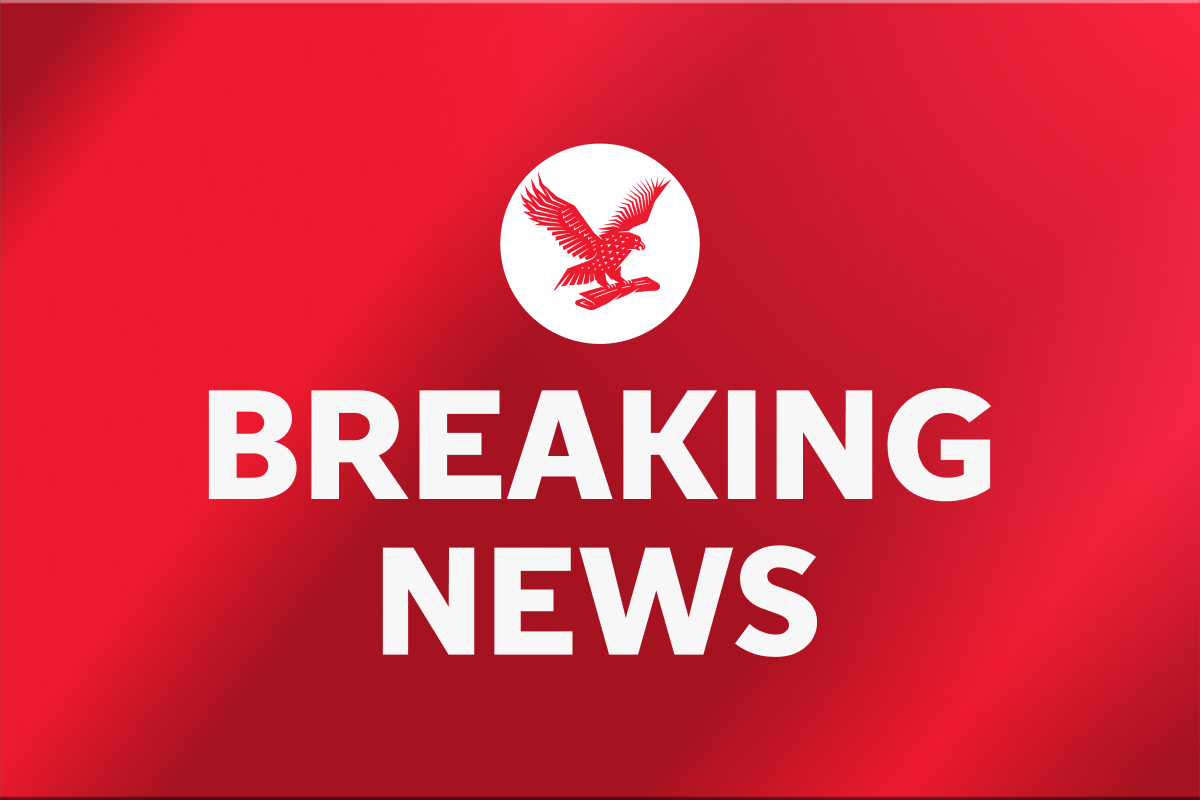Israeli forces have intensified incursions into the Golan Heights buffer zone, a move that has led to clashes with local residents and raised concerns about potential escalation. The incursions, which follow the fall of President Assad last month, include reported incursions into Syrian territory outside the UN-patrolled zone. These actions are directly challenging the 1974 ceasefire agreement between Israel and Syria.
Residents in Quneitra, the provincial capital, express frustration at the Israeli actions and the perceived inaction from both the new Syrian authorities and the international community. Accounts indicate Israeli troops have blocked main roads, demolished buildings, and prevented farmers from accessing their land. Clashes have resulted in injuries to protestors.
One resident, Rinata Fastas, voiced fears of further Israeli encroachment and potential annexation of the disputed area. Israel, which controls the Golan Heights territory captured in the 1967 war, is seen by the international community, except the U.S., as occupying the land. She also expressed concern that Syria's nascent government is ill-equipped to resist the Israeli presence militarily.
Despite Syria's recent leadership asserting that a military confrontation with Israel is not sought, the lack of Syrian government response to reported violations in Quneitra province has become a prominent point of concern. A complaint about Israeli airstrikes and advancements has been lodged with the UN Security Council. However, the issue seemingly lacks urgency for the Syrian government amidst its ongoing efforts to consolidate control and rebuild the nation.
Further complicating the situation, an Israeli official stated that forces would remain in the area until a satisfactory arrangement is established regarding Israel’s security concerns. Israeli Prime Minister Netanyahu has similarly affirmed a continued presence until a security agreement is reached.
The UN has condemned Israel's actions for violating the 1974 ceasefire agreement. While the new Syrian leadership has emphasized avoidance of conflict, residents remain vulnerable. Reports indicate ongoing demolition of civilian structures and clashes in villages within and outside the buffer zone. The international community’s response to the current situation, however, appears muted amidst Syria's internal struggles and Israel's declared security needs.
Local residents appeal for international intervention
Villagers, including those in the villages of Rafid and Dawaya, described the Israeli military's actions and the injuries sustained during protests. Protests against the presence of Israeli forces outside of the buffer zone have reportedly resulted in injuries. Local religious leaders, and residents, urge the international community to pressure Israel to adhere to the 1974 ceasefire accord, recognizing the limitations of Syria's current capacity to counter the situation.
The situation highlights a complex conflict involving competing geopolitical interests, with local residents caught between the advancing Israeli forces and the challenges of rebuilding Syria's state institutions.







